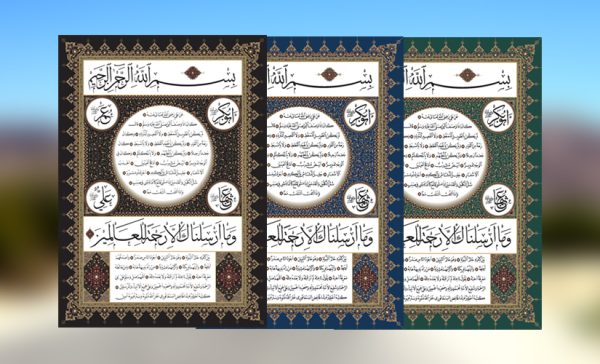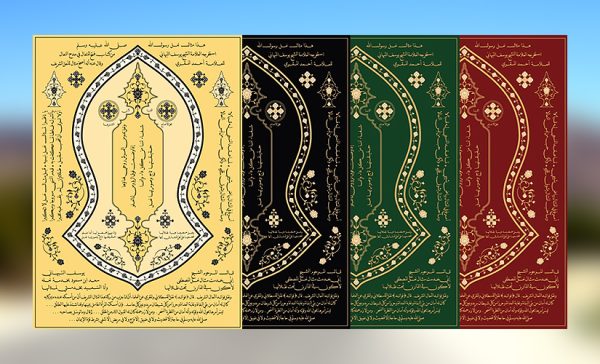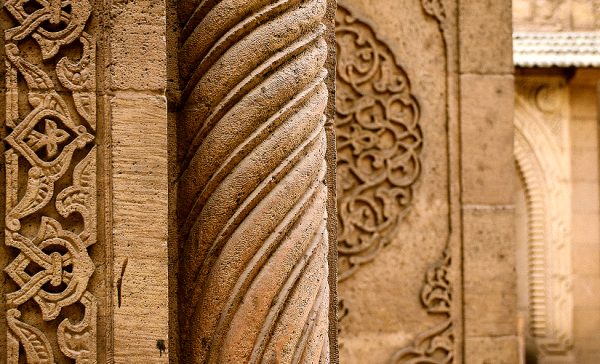Remembrance of God is liberation from ignorance and forgetfulness through the permanent presence of the heart with the Truth. It has been said that it is the repetition of the Name of the Invoked by the heart and the tongue. It is alike whether it is God who is remembered, or one of His attributes, or one of His commandments, or one of His deeds, or whether one draws a conclusion based on any one of these.
Remembering God may take the form of supplication to Him, or the remembrance of His Messengers, Prophets, saints or of anyone related to Him or close to Him in some way, or because of some deed, such as reciting the Quran, mentioning God’s Name, poetry, singing, a conversation, or a story.
Therefore, the theologian is one who remembers God; the Muslim legal jurist is one who remembers God; the teacher is one who remembers God; the mufti is one who remembers God; and the preacher is one who remembers God. Anyone who meditates on the greatness and majesty and omnipotence of God Most High and on His signs in the heavens and the earth is one who remembers God.
Whosoever observes what God has commanded and abstains from what God has forbidden is one who remembers God. Remembrance may be with the tongue, the heart, or the members of the body. It may be practiced secretly or openly; but whosoever combines all these forms has truly perfected it.
Invoking with the tongue is remembrance of the letters of God’s Name without presence of mind. It is the outward remembrance, but it has great virtue as witnessed by the verses of the Quran, the sayings of the Prophet, and the remarks of others that have been handed down. It may be either restricted by time and place or unrestricted.
That which is restricted is like the remembrance of God during and after the five daily prayers, the pilgrimage to Makkah, before sleep and after waking, before eating, upon riding a mount, in the morning and evening, and so forth. That which is unrestricted is not confined by time or place or moment or spiritual state.
To this latter type of remembrance belongs the glorification of God, as in each of the following formulas:Glory be to God! (subhanallah) [12:108];Praise be to God! (al-hamdu lilah) [1:2]; There is no divinity but God (La ilaha illallah) [37:35]; God is Most Great! (Allah Akbar) [takbir in the call to prayer]; and There is no power or strength save in God, the Lofty, the Supreme (La hawla wa-la quwwata illa billah al’Azim) [from the Sunnah of the Prophet].
Then there is the remembrance which includes a supplication such as “Our Lord, condemn us not if we forget or err” [2:286], or a personal entreaty, as well as the expression “God, bless our master Muhammad” [from the Sunnah of the Prophet]. This has greater effect on the heart of the novice than a remembrance that does not include an entreaty, because he who supplicates feels his heart close to the One whom he implores: remembrance touches his heart and envelops it with awe.
Other unrestricted forms of remembering God include being vigilant as well as requests dealing with this world or the Hereafter. Vigilance is exemplified in such remarks of yours as “God is with me”, “God is looking at me”, “God sees me”; for there is within them a vigilant regard for the well-being of the heart.
Truly, remembrance is used to strengthen one’s presence with God Most High, to maintain the proper conduct toward Him, to guard against heedlessness, as a refuge from the accursed devil, and to help foster the attentiveness of the heart during acts of worship.
Imam Ibn ‘Ata’illah al-Iskandari, The Key to Salvation (Miftah al-Falah)





